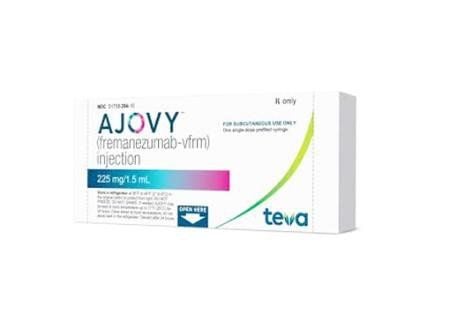This is an automatically translated article.
The article was professionally consulted by Specialist Doctor II Huynh Thi Hien - Obstetrician and Gynecologist - Department of Obstetrics and Gynecology - Vinmec Nha Trang International General HospitalGestational hypertension is a common medical complication in pregnant women and is one of the important causes of maternal mortality. So what is gestational hypertension? The following article will help you better understand this disease.
1. What is gestational hypertension?
The definition of hypertension in pregnancy is based on office (or hospital) blood pressure [systolic blood pressure (SBP) ≥ 140 mmHg and/or diastolic blood pressure (DBP) ≥ 90 mmHg] and classified as mild (140-159/90-109 mmHg) or severe (≥ 160/110 mmHg) different from the ESC/ESH hypertension guidelines.
2. Types of hypertension in pregnant women

There are different types of hypertension in pregnancy:
Gestational hypertension: Defined when hypertension occurs in pregnancy but there are no other signs of preeclampsia. Hypertension may return to normal 12 weeks after delivery or become chronic hypertension if blood pressure continues thereafter. Preeclampsia: Usually diagnosed based on proteinuria and SBP >140mmHg or DBP >90mmHg occurring after 20 weeks of pregnancy in previously normal BP. Preeclampsia occurs more frequently in the first pregnancy. first, multiple pregnancy, gestational age, antiphospholipid syndrome or chronic hypertension, kidney disease or diabetes. Preeclampsia is often associated with fetal growth retardation due to placental insufficiency and is a common cause of preterm birth. Because proteinuria can be a late presentation, clinicians should suspect preeclampsia when new hypertension is associated with headache, visual disturbances, abdominal pain, or laboratory abnormalities particularly low platelets and/or platelets. or abnormal liver function. Chronic hypertension: Blood pressure >140/90 mmHg before 20 weeks of gestation or just after 20 weeks of gestation but lasting up to 6 weeks postpartum. Preeclampsia on the background of chronic hypertension: This is more likely to occur when a woman with hypertension has additional proteinuria for the first time or a woman who already has hypertension and proteinuria develops a sudden increase in blood pressure. or proteinuria, thrombocytopenia or elevated liver enzymes.
3. Is gestational hypertension dangerous?
For the mother: High blood pressure during pregnancy, if not controlled, can lead to complications for the mother such as abortion, cerebrovascular accident, and organ failure.
With the fetus: If the mother's body has gestational hypertension, poor blood supply, the fetus may be underweight or malnourished. The most dangerous situation is the condition of premature birth, stillbirth or forced to give birth early to reduce the mother's pathology because most of the blood pressure diseases of pregnancy decrease markedly after the fetus is born. Hypertension during pregnancy is also taken as 140/90 mmHg (threshold for treatment).
4. Prevention of gestational hypertension

To prevent gestational hypertension, besides regular antenatal check-ups and regular blood pressure measurements, pregnant women also need to adjust their diet and activities to limit risk factors for high blood pressure. Pressure:
Limit the use of a lot of salt in food processing. Drink at least 8 glasses of water every day. Increase protein intake, reduce fried foods, stir-fries, junk food. Reasonable rest. Exercise regularly. Avoid drinking alcohol, beer, using stimulants like caffeine. Additional supplements can be used as directed by the doctor. Gestational hypertension is the most common medical condition during pregnancy. It is important to closely monitor blood pressure before and during pregnancy. If high blood pressure occurs, it is necessary to quickly see a doctor for timely examination and treatment to provide the best health for mother and child.
The Maternity Package program at Vinmec International General Hospital helps customers complete the antenatal check-ups and necessary tests during pregnancy, including monitoring gestational blood pressure. Customers registered for Maternity Package are fully cared for and checked for health of mother and baby before birth - during childbirth and after birth, fully and conscientiously.
Customers who need advice and contact to book an appointment can contact the hospitals and clinics of Vinmec Health system nationwide
Please dial HOTLINE for more information or register for an appointment HERE. Download MyVinmec app to make appointments faster and to manage your bookings easily.














